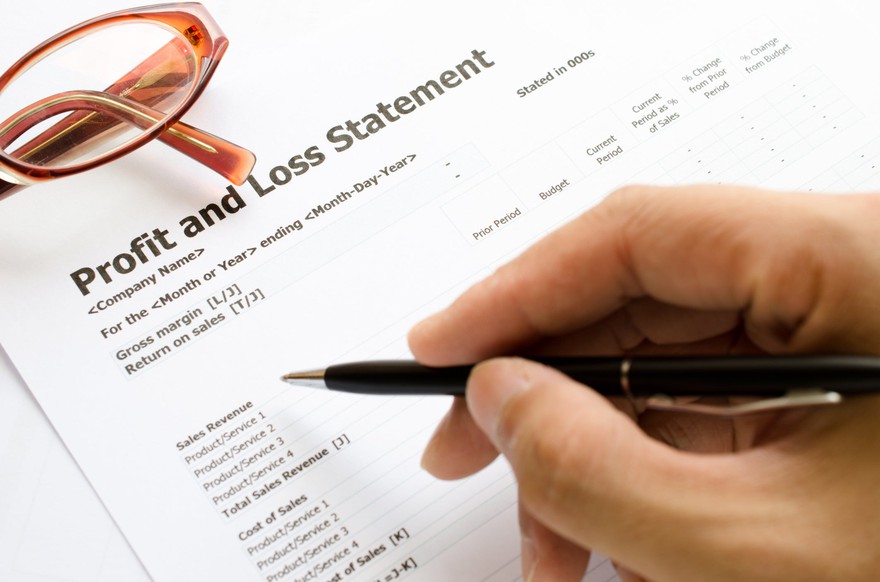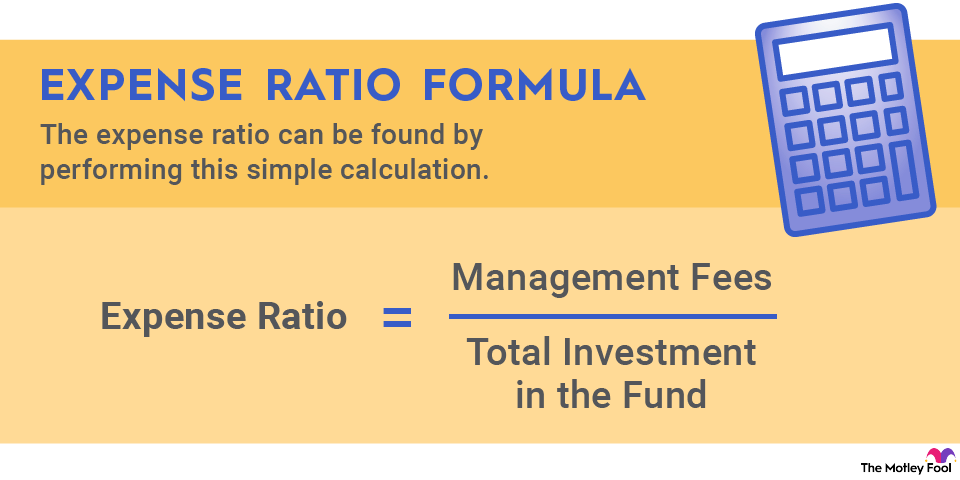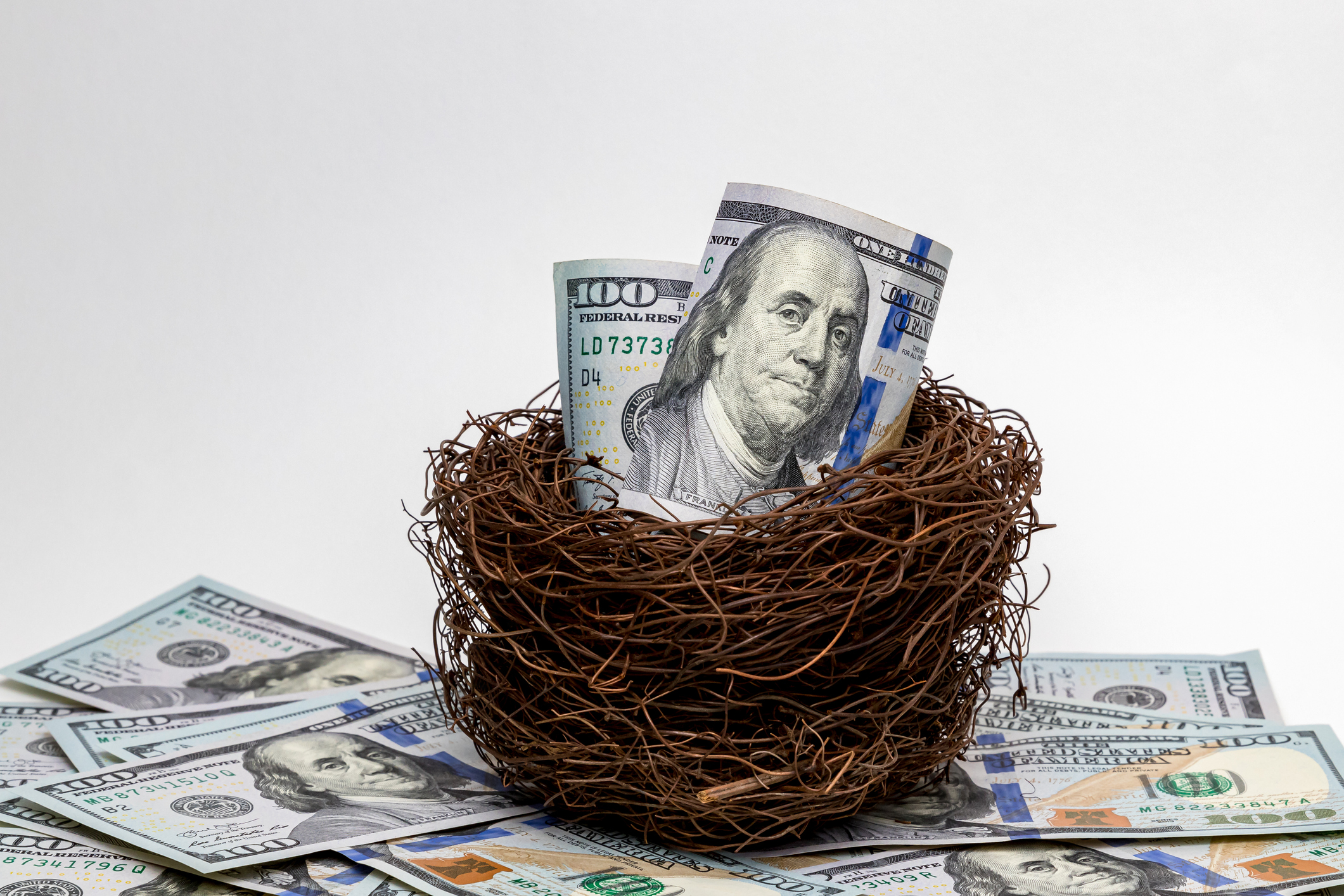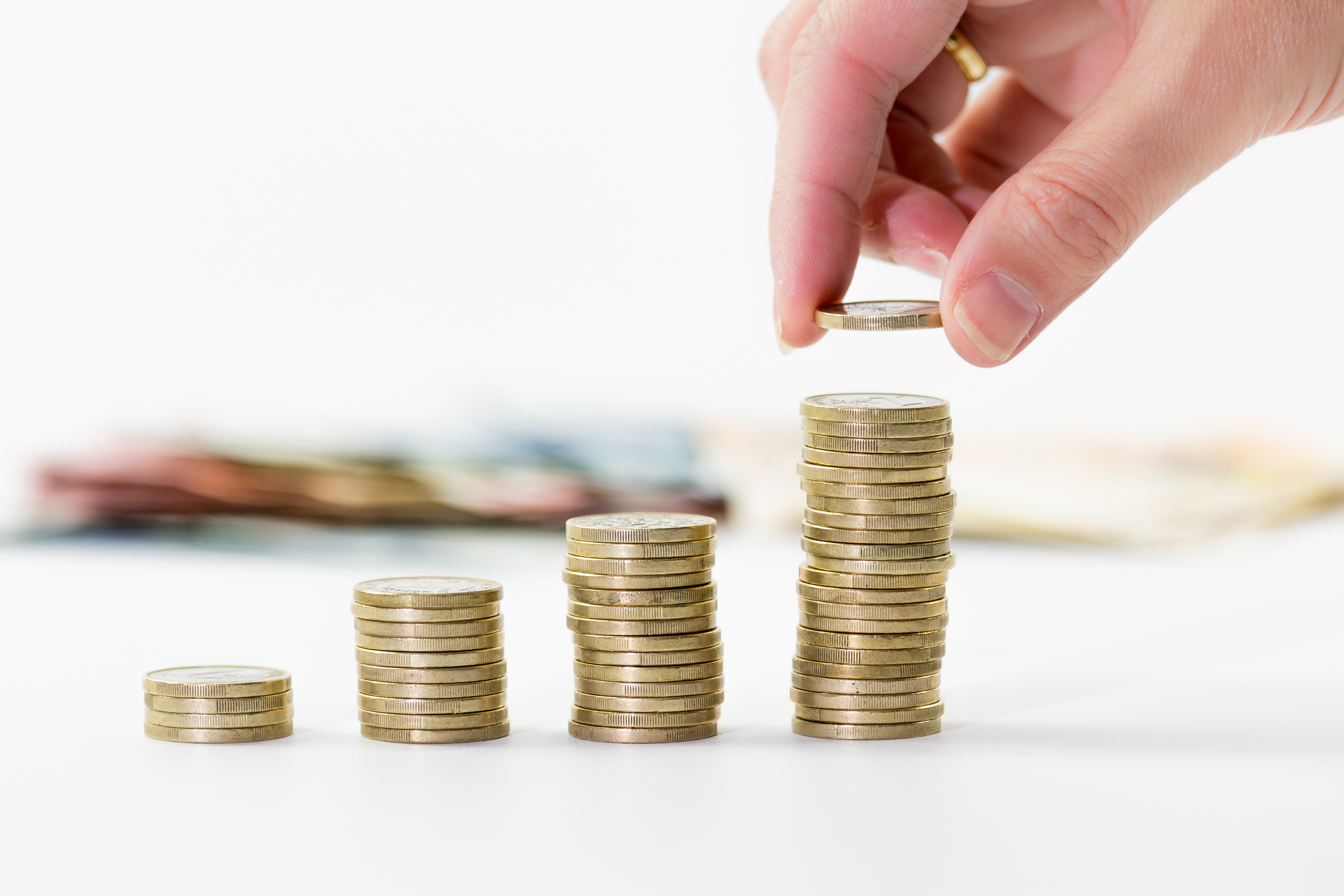Most stock market investors make money when stocks go up. However, short-sellers attempt to profit when stocks go down. They do this by borrowing shares of a company from a brokerage or another shareholder, selling them, and then attempting to buy them back at a lower price, pocketing the profit.
One form of short selling is known as naked short-selling.
Short Sale
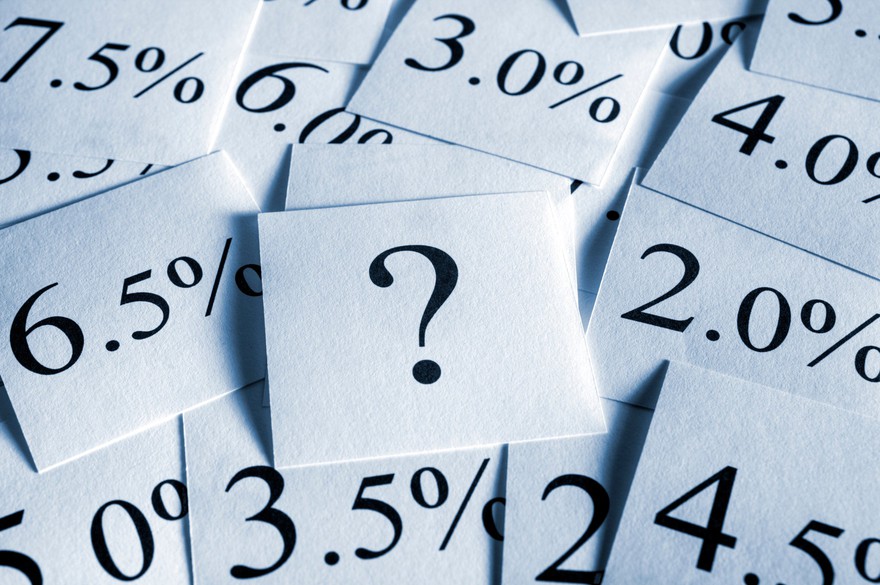
What is naked short-selling?
Naked short-selling refers to the practice of selling shares that an investor doesn't own and hasn't borrowed. Short-selling naked often begins with the intention of finding the shares to borrow, but the short seller is unable to do so.
The practice is illegal in the U.S. since it can be highly risky and lead to excessive market manipulation. It can also drive volatility through speculation since naked short selling allows bears to make excessive bets against a stock by creating excess supply.
How does naked short-selling work?
In a regular short sale, a short-seller must borrow shares before they can sell them. In a naked short sale, the seller enters a sell order to essentially sell non-existent shares, with plans to borrow them later to deliver them to the buyer.
An investor might choose to short-sell naked to take advantage of a temporarily elevated stock price, but the process can run into problems if they cannot find any shares to borrow.
Failure to deliver the shares can affect the buyer and the normal functioning of markets. Naked short-selling also has the potential to lead to price manipulation since it can create an artificial supply of new shares. Even in jurisdictions where the practice is legal, it tends to be controversial due to its potential to manipulate markets and reputation for spoiling stock gains.
How does naked short-selling impact markets?
Naked short-selling is rare in the U.S., but that hasn't stopped accusations of naked short-selling.
During the meme stock boom of 2021 that drove up shares of stocks like GameStop and AMC Entertainment, it became popular to accuse naked short-sellers of manipulating those stocks, although it was unclear if that was true.
At one point, GameStop had more than 100% of its float sold short, and that's part of what fueled the epic short squeeze in the stock in 2021. Accusations of naked short-selling generally create volatility, especially if sellers can't find the shares they want to borrow.
During the 2007-09 financial crisis, the SEC stepped in to block naked short-selling in financial institutions like Fannie Mae and Freddie Mac.
Related investing topics
What's an example of naked short-selling?
Let's say there's a stock you want to short.
You go to your brokerage and find that shares are hard to borrow, which indicates that they are difficult to short. Nonetheless, you sell them with a plan of borrowing them from another source to deliver them. However, if you're unable to locate them, you could face fines or other penalties or may be forced to buy the stock in what's known as a buy-in order.
While naked short-selling is illegal, it does happen, and a recent SEC complaint recently charged two investors with making as much as $2 million in naked short-selling.
With a new bull market possibly afoot, short-selling and naked short-selling could get more popular as investors aim to profit from stocks that are overvalued.
Though incidences of naked short-selling are rare in the U.S., it's helpful to understand how this form of trading can affect markets.

